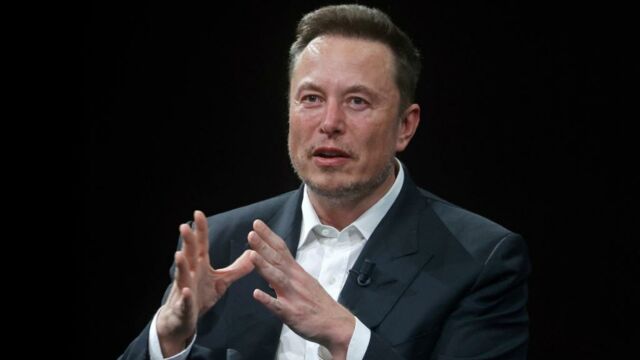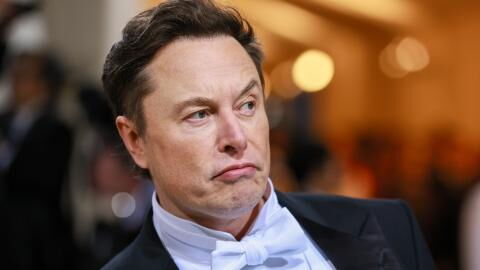Billionaire Elon Musk is considered to be a renaissance man by many. The multifaceted businessman has dipped his hands and by all accounts transformed many industries, however, these ventures are not without challenges.
Discover our latest podcast
Musk, a freedom of speech advocate, purchased Twitter back in 2022 to make it a ‘platform for free speech around the globe’ citing that he made the purchase, not to increase his wealth but because he believes that free speech is a ‘societal imperative for a functioning democracy’. He has since made decisions that did in fact reflect these statements but to the detriment of the platform’s value which has allegedly taken quite a nose dive.
The Twitter acquisition
Ever since Elon Musk purchased Twitter and turned it into private company X, it has become quite hard to truly know what’s going on with the company financially. X has lost quite a bit of value since the $44 billion acquisition and has struggled to stabilise advertising revenue which comprises 70 to 75% of the company's total revenue. He is also creating new streams to offset these issues, such as Twitter Blue—the platform’s new subscription service which has not been as successful as one would like.
Most recently, Musk has antagonised advertisers by boosting what appeared to be an antisemitic post on the platform for which he apologized. However, Musk also told advertisers who left the platform to ‘F**** off’ during an interview at the New York Times DealBook Summit.
Advertising revenue had already been down by around 50% around 2023 and dropped further to 60% after the outburst. This decline is also exacerbated by Musk’s decision to unban many controversial figures and the spread of hate speech on the platform.
Musk is slowly achieving the pivot in the direction that he envisioned for X but that has come at the detriment of the company’s value for the time being.
The financial risk
Musk's offer to buy Twitter was so large that the board could not refuse. But this offer didn't come without its challenges. Musk had to borrow $12.5 billion to finance his takeover bid against Tesla stock, this is the largest loan of this kind ever, which is quite risky. In this situation, should the value of his stock drop below $35.7 billion, the lenders have the right to ask him to add more collateral, sell some of the shares or pay back a portion of the loan in 2 business days which will put him in a very difficult situation.
Twitter was also loaned $13 billion which puts the debt total at $25.5 billion. Musk had to opt to borrow such amounts due to him being cash-poor. In essence, his net worth comes from the value of his assets but the businessman does not have those amounts in liquid cash.
Moreover, the issue is that Tesla stock has been notoriously volatile. As such the loan is directly tied to the health of another one of Musk's companies, therefore creating a chain reaction that could be detrimental if something goes wrong.
Consequently, the aforementioned drop in Twitter's value raises concerns given the sheer amount of debt both Musk and the company still need to repay.
Read more:
⋙ Elon Musk: This is the question the Twitter boss asks every applicant at a job interview
⋙ Twitter users search for alternatives as the platform undergoes takeover: Here are your options
⋙ Elon Musk: Three changes you can expect now he’s bought Twitter
Sources:
Arstechnica: Elon Musk’s X ad revenue reportedly fell $1.5B this year amid boycotts
Business Insider: Elon Musk just took out one of the biggest personal margin loans ever for his bid to buy out Twitter. Here's why Wall Street banks lined up to back the risky move.















